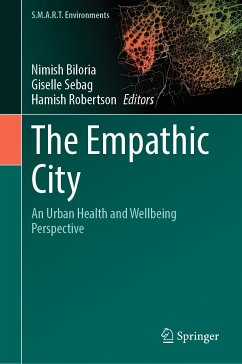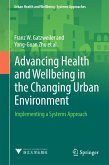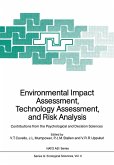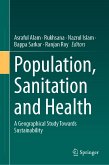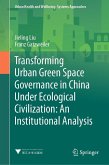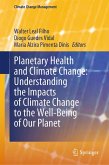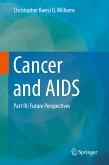Cities have a profound power to support or hinder human health and wellbeing in countless ways. Achieving greater health equity has emerged in recent years as a key priority and consideration when designing cities to promote health and wellbeing, although there is a dearth of evidence and practical examples of research translation to guide cities and communities. The book accordingly exemplifies a pluralistic approach to achieving urban health equity which recognises and addresses critical aspects of geography, age, race, background, socioeconomic status, disability, gender etc. With interdisciplinary science clearly pointing to the role of theneighbourhood environment as one of the most important health determinants, this book will undoubtedly lead the next generation of urban health actors to build contextually responsive, equitable, empathic cities to benefit residents around the world. The book, rather than being focused purely on academic propositions for building equitable cities, offers a unique multi-stakeholder perspective by collaborating with the International Society for Urban Health's 18th International Conference on Urban Health. This unique collaboration allows access to hundreds of scientists, architects, urbanists, multilaterals, policymakers, non-profit leaders, and grassroots organizers. The book captures the voices and concerns of such diverse cross-sectoral professionals and showcases findings that turn evidence into action and impact in communities around the world.
Chapter 14 is available open access under a Creative Commons Attribution 4.0 International License via link.springer.com.
Dieser Download kann aus rechtlichen Gründen nur mit Rechnungsadresse in A, B, BG, CY, CZ, D, DK, EW, E, FIN, F, GR, HR, H, IRL, I, LT, L, LR, M, NL, PL, P, R, S, SLO, SK ausgeliefert werden.

